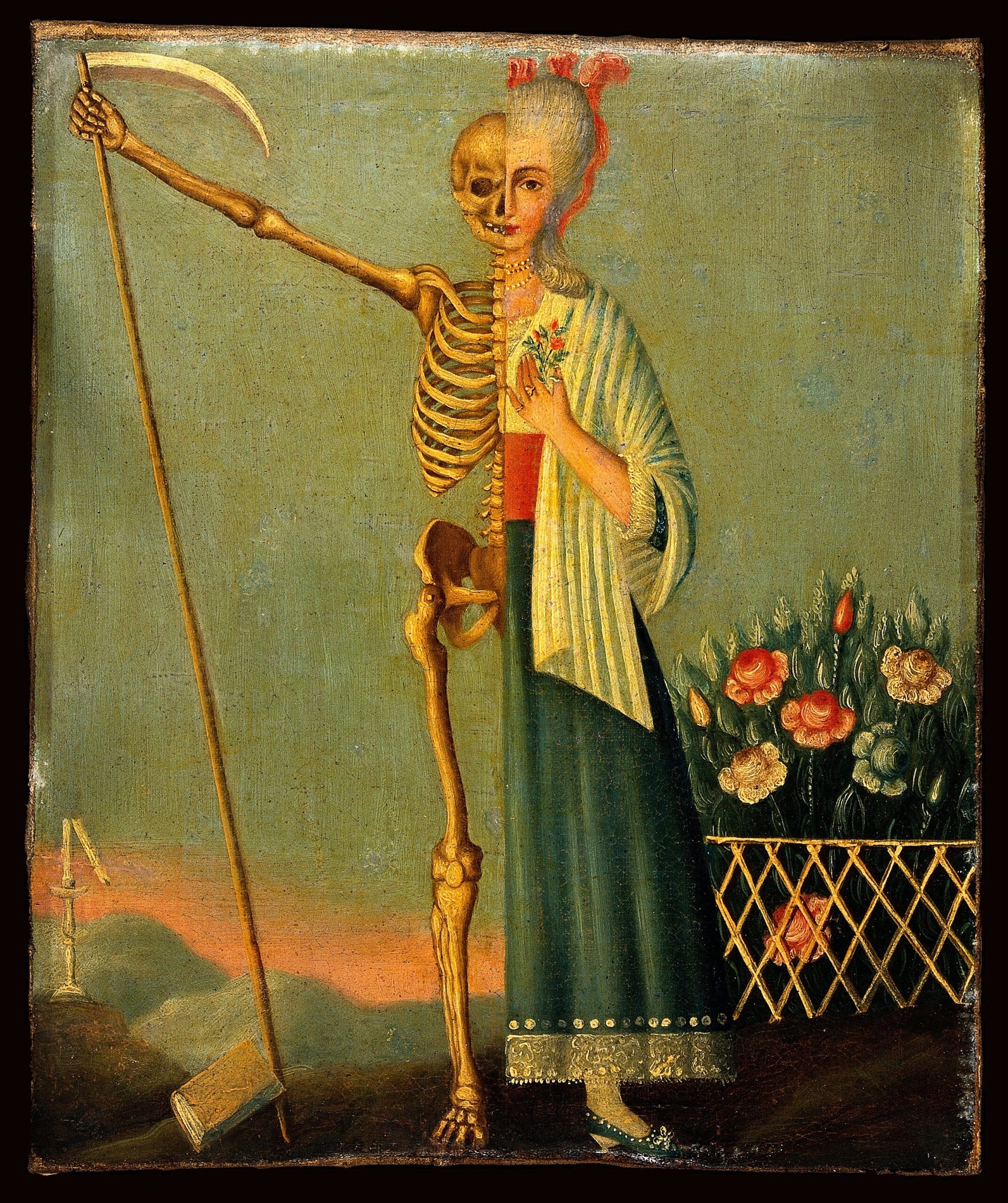 The Rune Poem stanzas Wealth and Human have so much in common they ought to be a matched set, except they already have their own partners, The Grave, and Need. Here are Wealth and Human repeating themselves:
The Rune Poem stanzas Wealth and Human have so much in common they ought to be a matched set, except they already have their own partners, The Grave, and Need. Here are Wealth and Human repeating themselves:
Wealth: Sceal ðeah manna gehwylc (though each of us must).
Human: Sceal þeah anra gehwylc (though each and every one must).
And look at how many words they share: byþ, gehwylcum/gehwylc, sceal, wile/wyle, ðeah/þeah, drihtne/dryhten, dome/domes, 7 not counting pronouns. The name of the Human rune, manna, appears in the Wealth stanza so let’s count that one too: 8 words in common is a large number, especially when you consider that the Wealth stanza has only 18 words and the Human stanza has 23 if you include ꝥ, which isn’t a whole word but a grammalogue for the … More
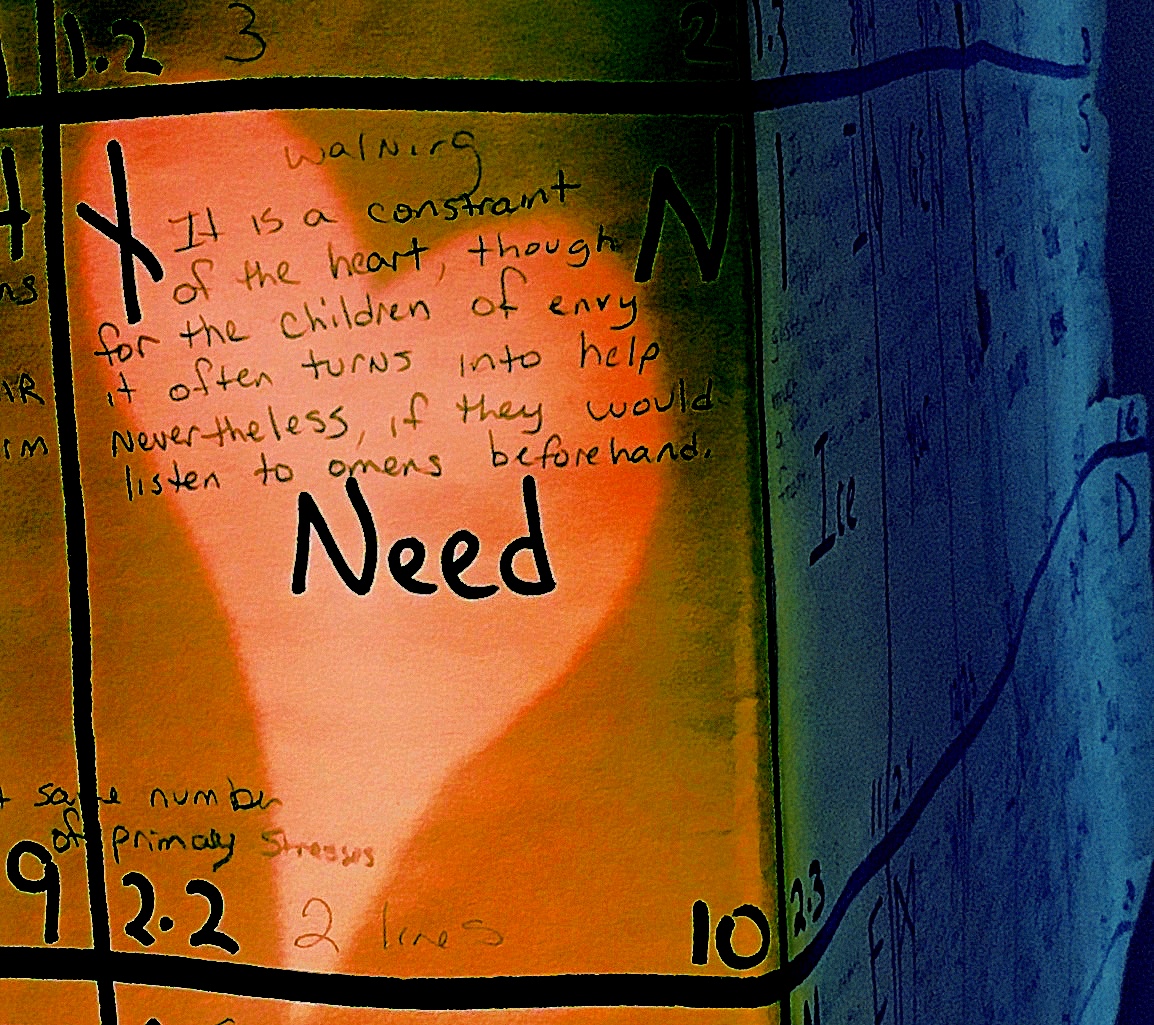


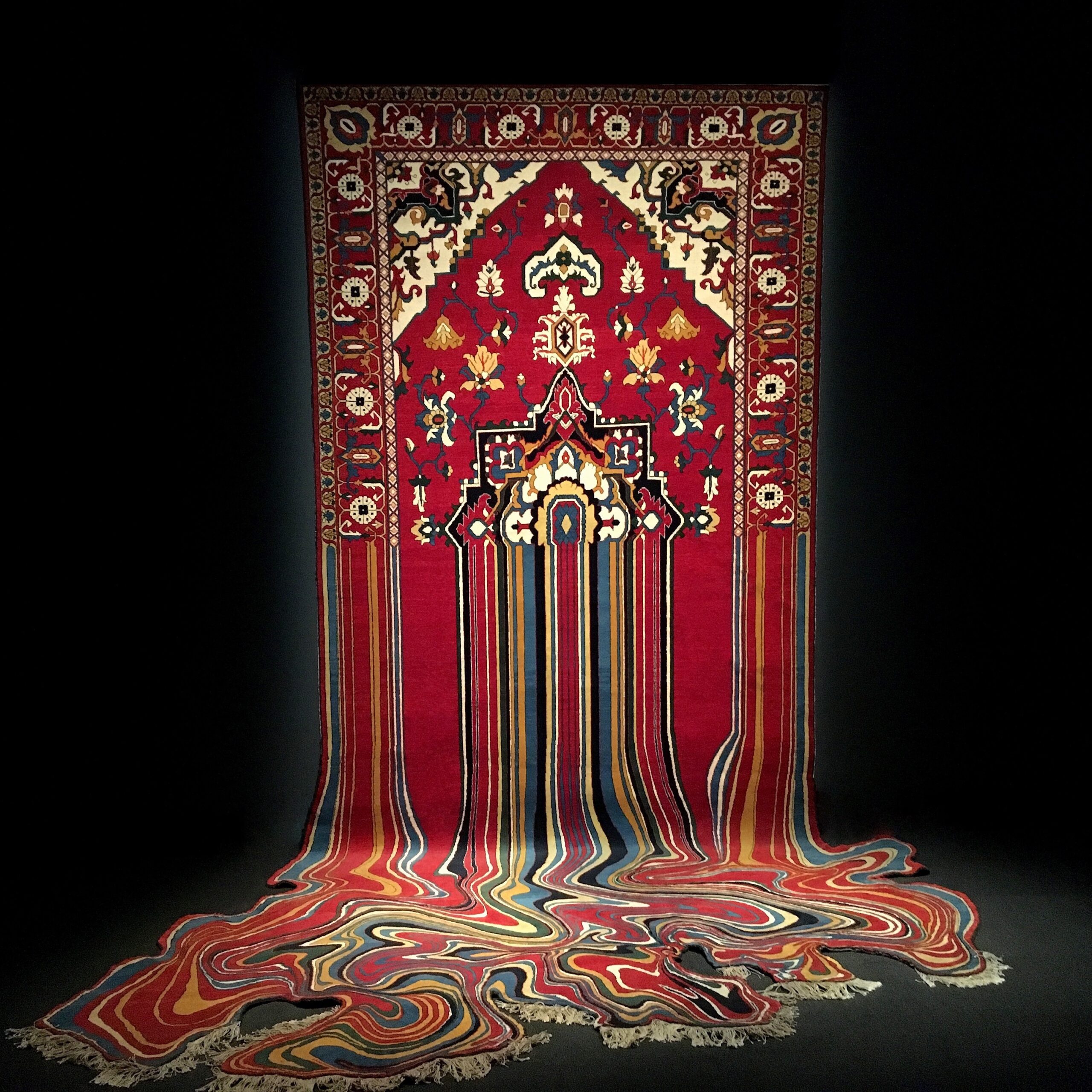 You ok? You look a mess. Well, you knew this meltdown was coming. We all did. There were signals and patterns and that was a massive red flag back there, but no. Some people don’t listen. Well, don’t just stand there looking at everybody else’s better deal, you need to pay attention now before the next thing grabs you, and it will grab you.
You ok? You look a mess. Well, you knew this meltdown was coming. We all did. There were signals and patterns and that was a massive red flag back there, but no. Some people don’t listen. Well, don’t just stand there looking at everybody else’s better deal, you need to pay attention now before the next thing grabs you, and it will grab you.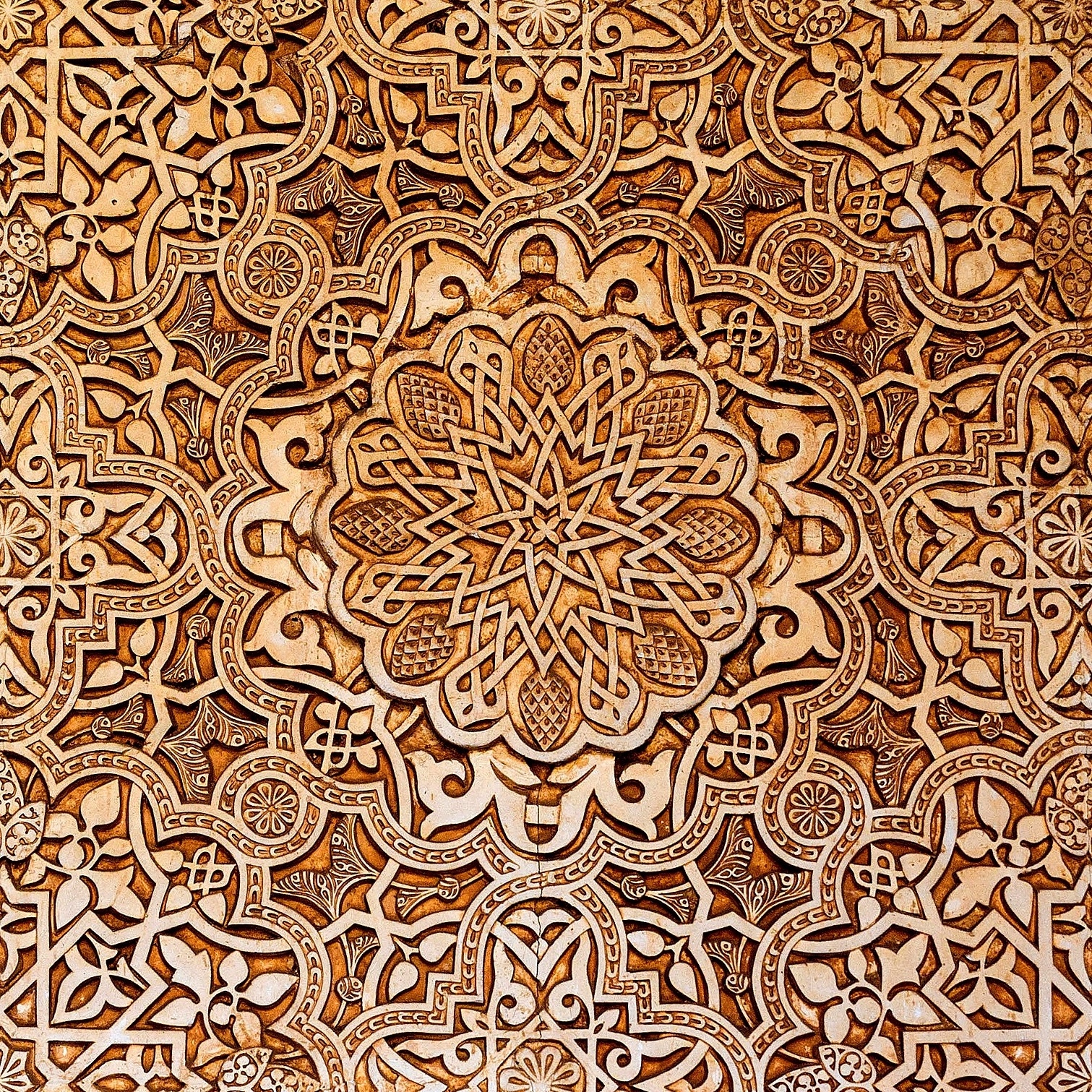
 The Rune Poem stanzas
The Rune Poem stanzas 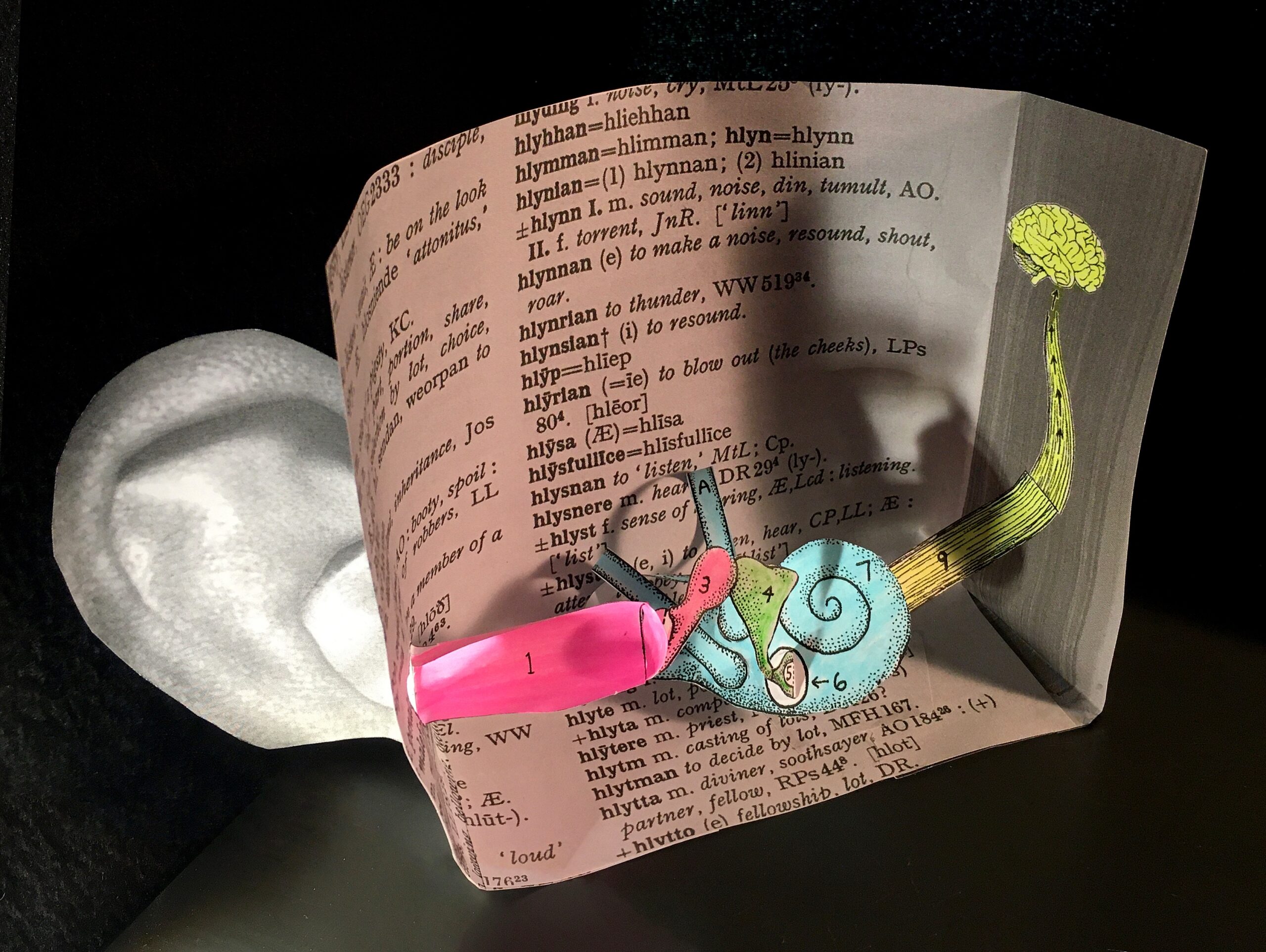 Listen up. As if from nowhere you will have nothing. Nowhere is where nothing comes from, did you not know? That pain in your chest will be your heart squeezing down two sizes too small. You’ll be in need and you will feel it. Pay attention to the gods on this one baby love, help will come if you shush, listen, and do what you’re told.
Listen up. As if from nowhere you will have nothing. Nowhere is where nothing comes from, did you not know? That pain in your chest will be your heart squeezing down two sizes too small. You’ll be in need and you will feel it. Pay attention to the gods on this one baby love, help will come if you shush, listen, and do what you’re told.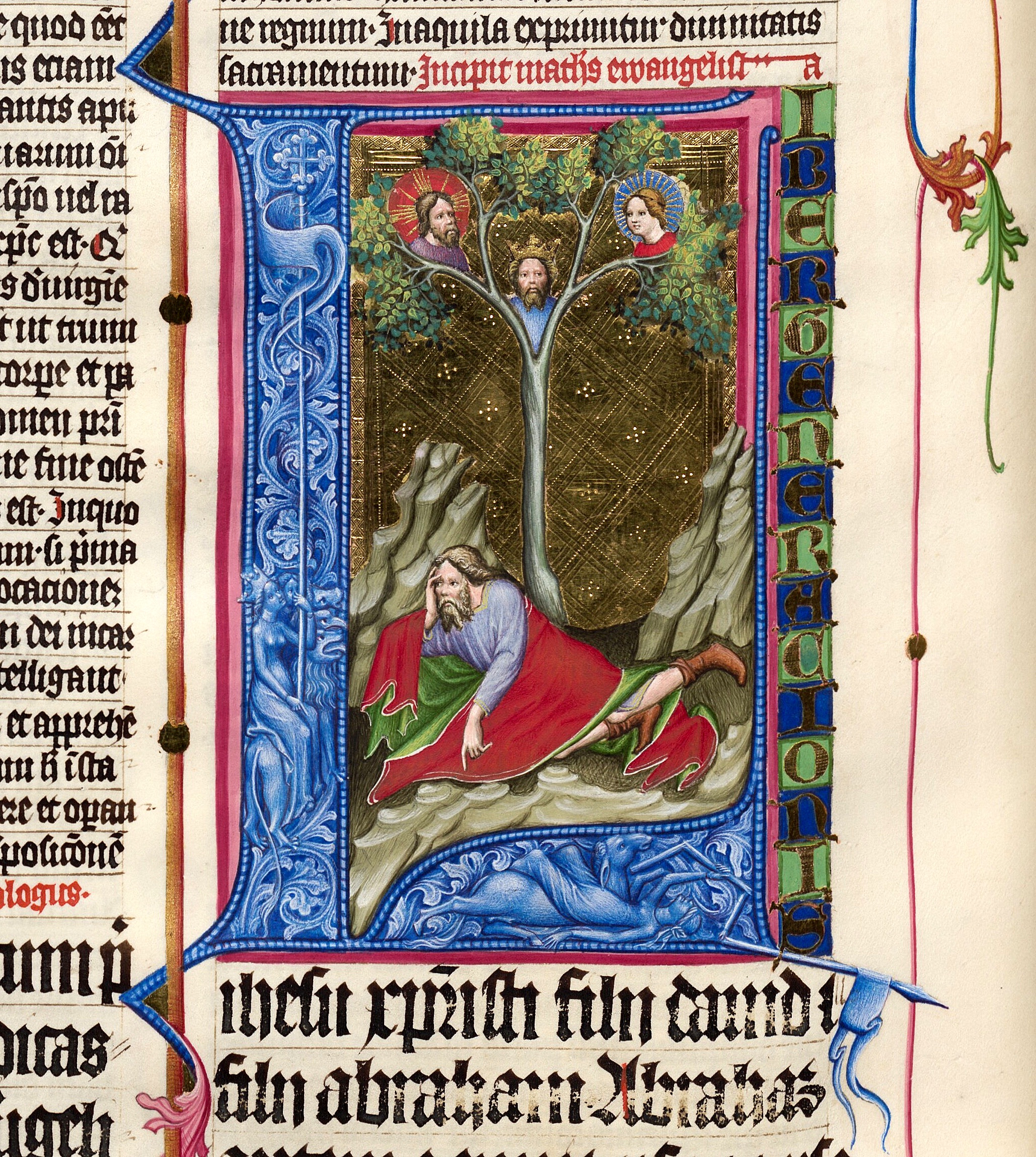
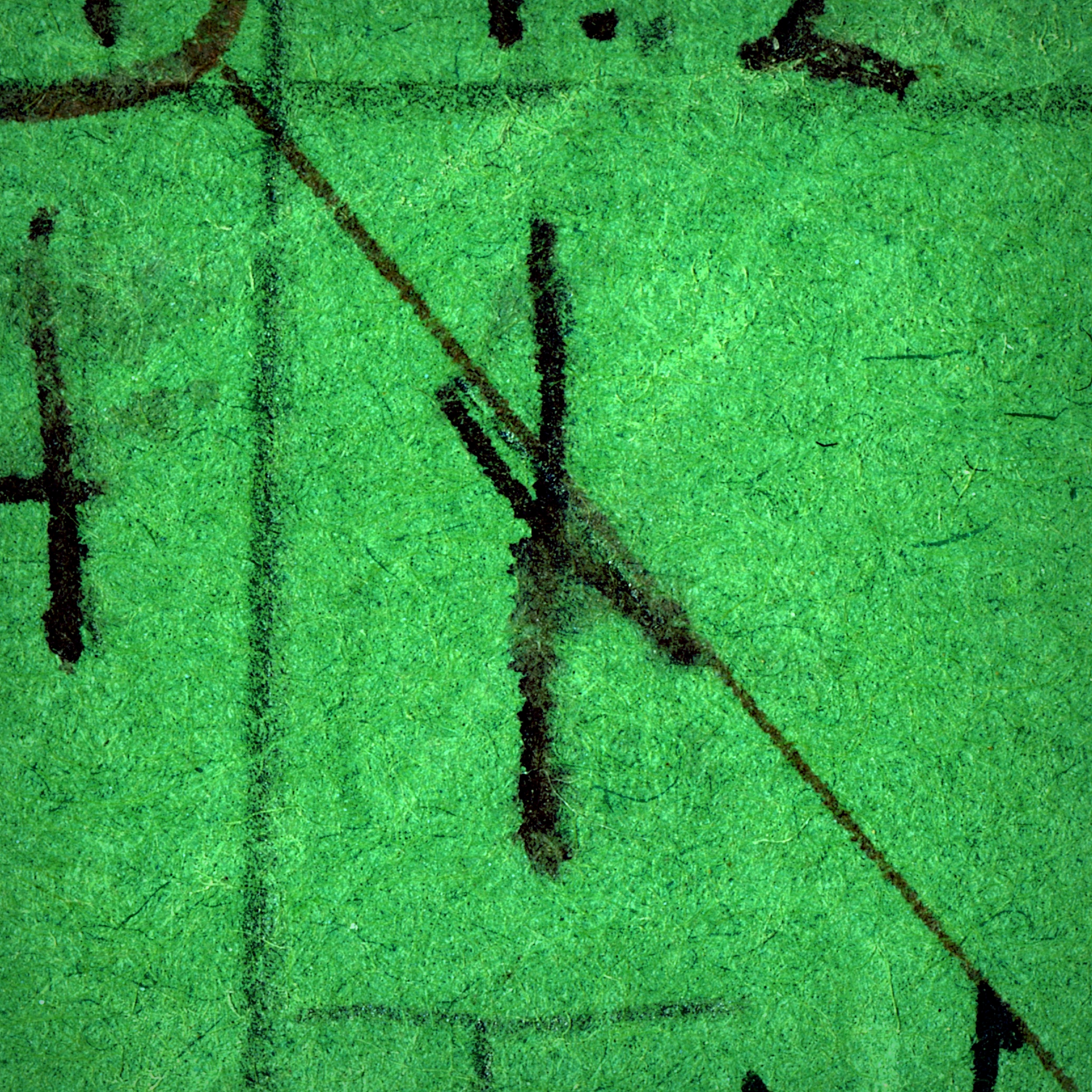 Voiced alveolar nasal. Vibrate some air through your vocal cords, stop it at the roof of your mouth with your tongue. Nope. No passage here. Never. Send that air out through your nose.
Voiced alveolar nasal. Vibrate some air through your vocal cords, stop it at the roof of your mouth with your tongue. Nope. No passage here. Never. Send that air out through your nose.
